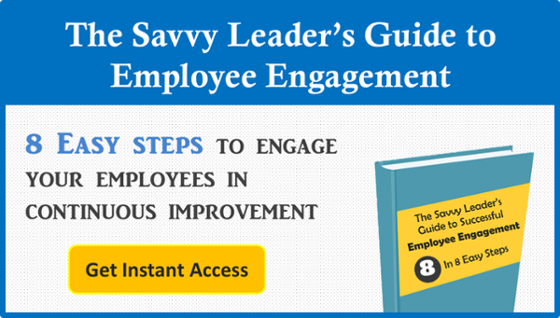
Credibility trumps reason because nobody will hear what you say or pay attention to what you do if they do not believe you are a worthwhile partner. In order for you to be credible, people must believe that you are interested in their success as well as your own. Read my previous post on this topic for more on why credibility matters more for your ability to lead an improvement culture than does reason.
What does it mean to be credible?
In the 2002 BBC Reith lecture, ‘A Question of Trust,’ by the British ethicist and philosopher Onora Oneill, one learns that credibility requires that you be neither deceptive nor coercive. Of course, most leaders would not consider themselves to be deceptive or coercive. So why do so many people perceive their bosses that way?
The trick is that while you may believe you are neither, others may see it differently. Even the most well-respected person acting with the best of motives might be judged as not credible on a given issue if they are inadvertently deceptive or unintentionally coercive. ultimately, you do not determine how credible you are.
According to Dr. Oneill, the information one uses must be believable. It must be gathered in a manner that is acceptable by those impacted by that information, and it must be something they can verify for themselves.
Accidental deception and coercion
Deception can occur when terms and language are not clearly defined or understood. At best, any piece of data gives only an incomplete portrayal of the actual circumstances, just as any metric does not fully represent the desired outcome. When we focus on the data or the metric and lose sight of the actual circumstances or the desired outcome, deception can occur.
Satisfaction scores are the poster child for inadvertently deceptive data - small sample size of patients who do not necessarily represent the population of people served, gathered after the fact, extrapolated, and with no ability to understand how that data is generated. No wonder the current satisfaction survey methodologies carry little meaning for those being asked to change.
Coercion can occur when you push a standard that seems correct to you, but doesn’t work so well for someone else. This frequently happens when we ask others to change for our benefit without incorporating their view of the work or addressing their risks. When you want to hold others accountable and expect their buy-in, aren’t you really just asking them to commit to something you want without regard to their circumstances?
Can we do better?
How one uses language, terms, data and metrics really matter for credibility. Without credibility you will not create the conditions where people are open and willing to invest themselves in the work of improvement - arbitrating the inevitable differences that surface in the face of any issue and working together to find an ideal change- one that works to address the issue and is workable- feasible given the way work is done. Without credibility, it is not possible for Lean, KaiNexus, or any methodology you choose to be effective in fostering the change you need.
If credibility is so critical, why is it so many people act otherwise, using metrics and data in ways that throw their credibility into question and creating an obstacle to the very change they need?
You guessed it: the answer lies in the way our brain works. More on that research next post.
Subscribe to the blog to make sure you don't miss it!



Add a Comment